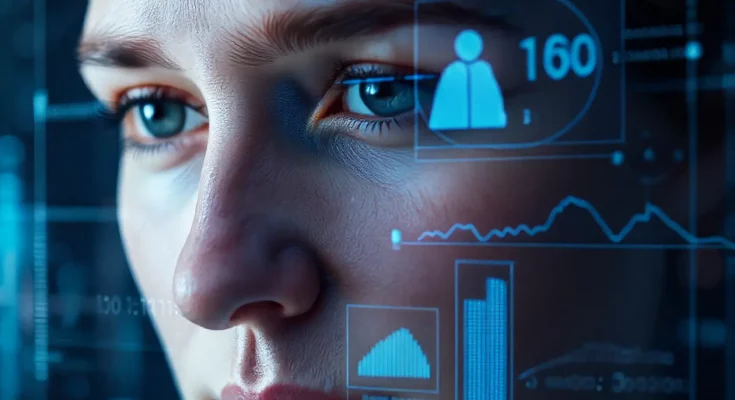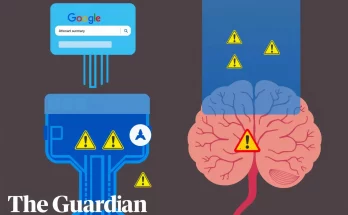AI is rapidly changing how we interpret health data, and a prime example is FaceAge, a groundbreaking tool developed by researchers at Mass General Brigham. This deep learning algorithm utilizes facial photos to estimate biological age and predict survival outcomes for cancer patients.
The Science Behind FaceAge
FaceAge was trained on a dataset comprising over 58,851 photographs of presumed healthy individuals. The algorithm analyzes facial features that correlate with biological aging. Researchers conducted a study involving over 6,000 cancer patients, revealing that:
- Cancer patients exhibited a FaceAge approximately five years older than their actual age.
- A higher FaceAge was linked to poorer survival outcomes across multiple cancer types.
Clinical Implications of FaceAge
The true potential of FaceAge lies in its applications within precision medicine. It outperformed clinicians in predicting short-term life expectancy for patients undergoing palliative radiotherapy, particularly when integrated into the clinical decision-making process.
Hugo Aerts, the director of the Artificial Intelligence in Medicine (AIM) program, noted, “This study indicates that using a simple selfie contains vital information to assist in clinical decision-making. Patients whose FaceAge is younger than their chronological age tend to fare better following cancer therapy.”.
The Importance of Objective Measurements
Traditionally, physicians often impart subjective biases about a patient’s apparent age, which can influence treatment decisions. The introductions of tools like FaceAge provide a much-needed objective and quantifiable method to assess a patient’s biological age, thereby improving treatment strategy and outcomes.
How FaceAge Works
The algorithm utilizes advanced deep learning and facial recognition technologies. Each photograph taken at the onset of radiotherapy treatment feeds into its analysis framework. In the cohort of cancer patients studied, results indicated:
- Those with a higher FaceAge had worse survival outcomes.
- A significant correlation exists between biological age as predicted by FaceAge and expected lifespans within the cancer spectrum.
Future Directions for FaceAge
Though the results are encouraging, further validation is necessary before FaceAge can be fully accepted in clinical practice. Future research will include:
- Expanding testing across various hospitals.
- Investigating patients at different stages of cancer.
- Assessing changes to FaceAge predictions over time.
The Broader Potential of FaceAge
According to Ray Mak, MD, co-senior author, there is enormous scope for FaceAge technologies beyond cancer care. As we frame chronic diseases as diseases of aging, accurately predicting an individual’s aging trajectory becomes imperative. If optimized, FaceAge could serve as an early detection system across various healthcare applications.
Funding and Future Studies
This project has received funding from the National Institutes of Health and the European Research Council and represents an innovative approach in the realm of medical research and artificial intelligence.
In conclusion, FaceAge stands as a promising tool in predicting biological age and cancer outcomes through photographs, offering potential advancements in precision medicine. Harnessing the power of AI to decode biological age from facial images may transform how we approach medical care in the future.



